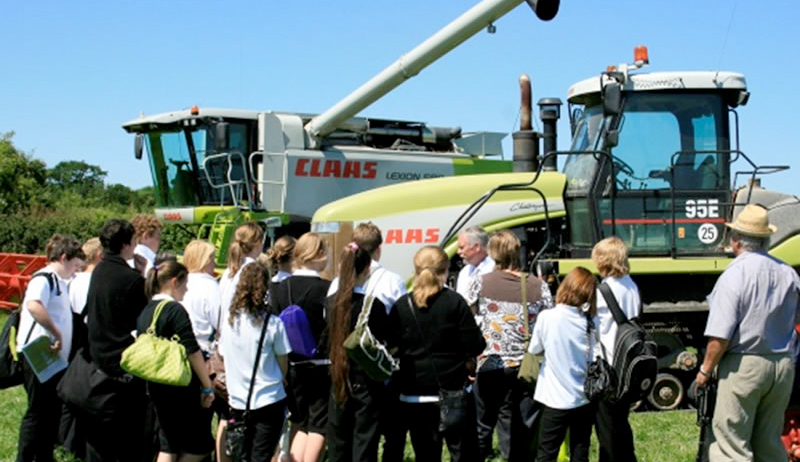What will the new government mean for farmers?

As the country settles down following the turmoil of the general election, Andrew Vickery, head of rural services at accountant Old Mill, examines what the new Government will mean for the farming community.
Farmers might be breathing a sigh of relief that we now have a Conservative government: While not everyone will agree with all their policies, generally speaking the Tory leadership should be good for small businesses. On the whole, rates of tax were relatively benign under the Conservative-led coalition, and we’d hope that the next five years will be an extension of that.
It looks like there will be some tinkering with Income Tax rates, but no huge changes; and that stability should be beneficial for business. There is also consistency in agricultural policy: Liz Truss remains as Defra secretary and we should now see some pragmatic and decisive action over rolling out the badger cull to tackle TB.
Of course, there will be one major volatile event – the EU referendum, which is scheduled to take place before the end of 2017. In the run-up to the vote, there is bound to be considerable uncertainty, but for farming the impact, from a business-planning perspective, should be relatively small.
However, the implications of the UK exiting the EU are considerable. Agricultural subsidies are critical to farm incomes, and it seems likely that they would fall considerably should we leave the EU. Environmental stewardship agreements may also have to be revisited, although it’s likely that existing agreements will be honoured.
Extending farmers’ averaging to five years will help ease the volatility of farm incomes, but the devil is always in the detail when it comes to specific fiscal announcements. George Osborne has hinted that the Annual Investment Allowance won’t fall as far as the £25,000 default – but it may well be cut from the current level of £500,000.
It would be useful if that allowance were extended to cover buildings and other infrastructure items that currently receive no income tax relief. That would drive UK investment and create domestic jobs, rather than simply pouring farmers’ money into machinery, much of which is manufactured abroad.
Inheritance Tax is often a big issue for landowners, and the Conservatives have promised to increase the tax-free threshold to £1m for couples passing on their family home. There has been a considerable attack on the level of Agricultural Property Relief available to farmhouses in recent years, so this change could be extremely helpful.
However, it remains to be seen whether HMRC will ease up its assault on Agricultural and Business Property Relief: There is still a budget deficit to reduce after all, and as land and property values increase so does the value of the tax reliefs available. One would hope that HMRC will be more benign under a Tory government, and it would be useful to landowners if the new Inheritance Tax band were extended to capture let properties as well as the main family home. Only time will tell.








